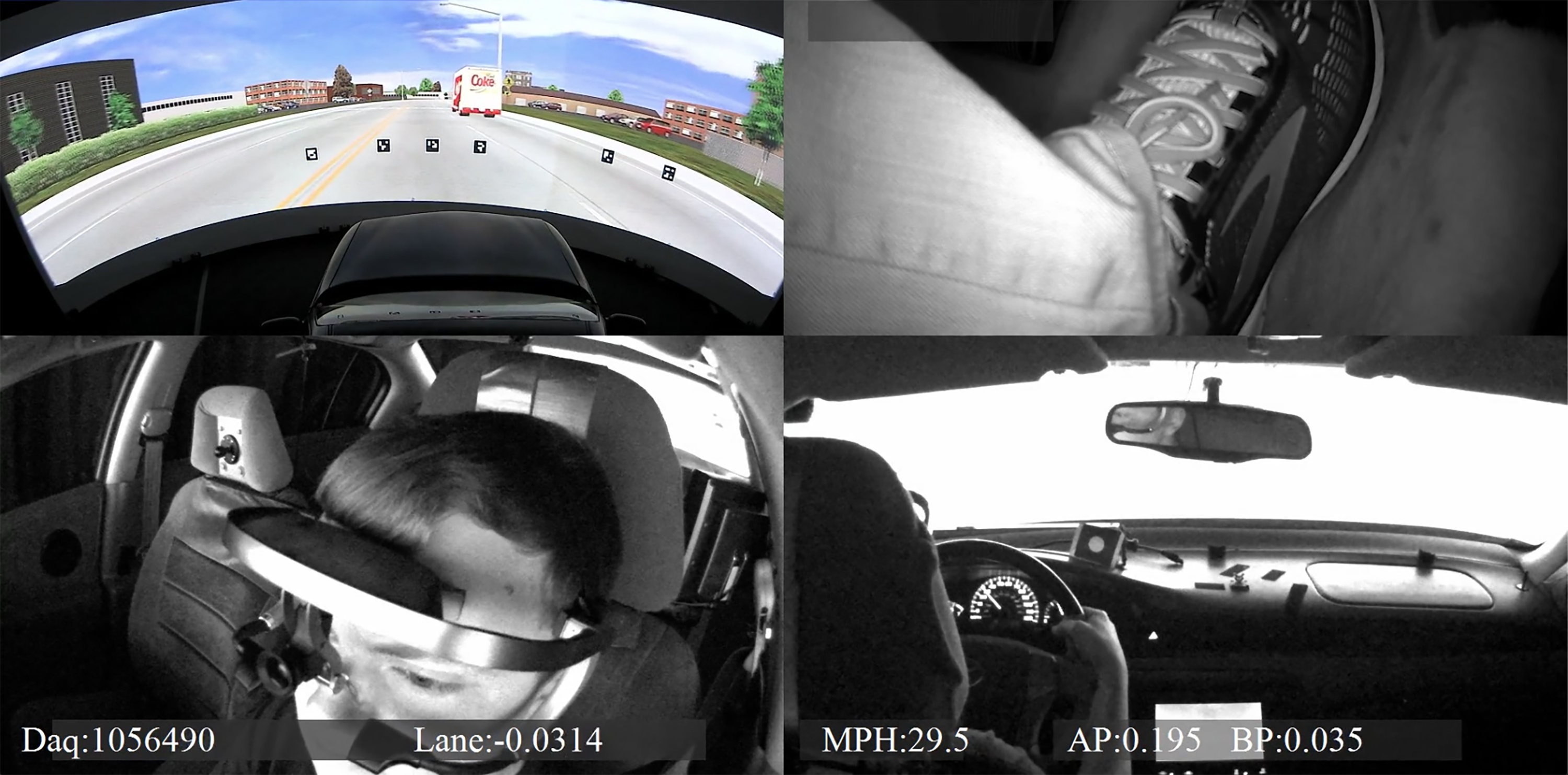
Congratulations to Elizabeth O'Neal, a postdoctoral research scholar at the National Advanced Driving Simulator and the Department of Psychological and Brain Sciences, for receiving a K99/R00 Award from the National Institute of Child Health and Human Development. This award provides independent NIH research support during the transition that will help individuals launch competitive, independent research careers.
The title of Elizabeth's upcoming project is “Improving Novice Driver Roadway Hazard Identification Through a Parent-Focused Intervention.” Her project aims to study the relationship between parental instruction and novice drivers' ability to identify and respond to latent road hazards. Her research will first examine and describe parent-teen conversations about hazard identification and mitigation, and then develop and test a hazard anticipation training program to teach parents to better communicate with their children about identifying potential hazards on the roadway. Her goal is to identify specific aspects of the parent-teen interactions that can be used to modify an existing hazard anticipation program called the Perceptual Adaptive Learning Module (PALM) to develop a parent-based intervention for novice drivers.
This project is a direct follow-up of the jointly-funded AAA Foundation For Traffic Safety (AAAFTS) and SAFER-SIM project that asked: Does a teen’s ability to anticipate hazards on the road improve after engaging with one of two novice driver training programs that are designed to improve hazard anticipation skills over and above independent on-road driving experience? This project examined the efficacy of the PALM and the Accelerated Curriculum to Create Effective Learning (ACCEL) driver training programs. The team combined eye tracking and simulator data to code each novice driver’s level of situational awareness to better understand how well the drivers were perceiving and responding to potential roadway hazards.

O’Neal and NADS senior research associate Michelle Reyes recently presented their findings on this project during a SAFER-SIM webinar called, “Extended Evaluation of Training Programs to Accelerate Hazard Anticipation Skills in Novice Teen Drivers.” Watch the recording of the SAFER-SIM webinar to see their findings so far from their data analysis: View the webinar here.
